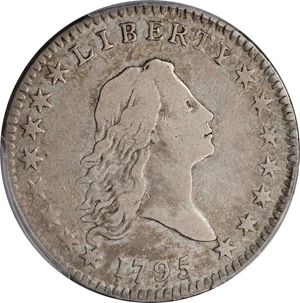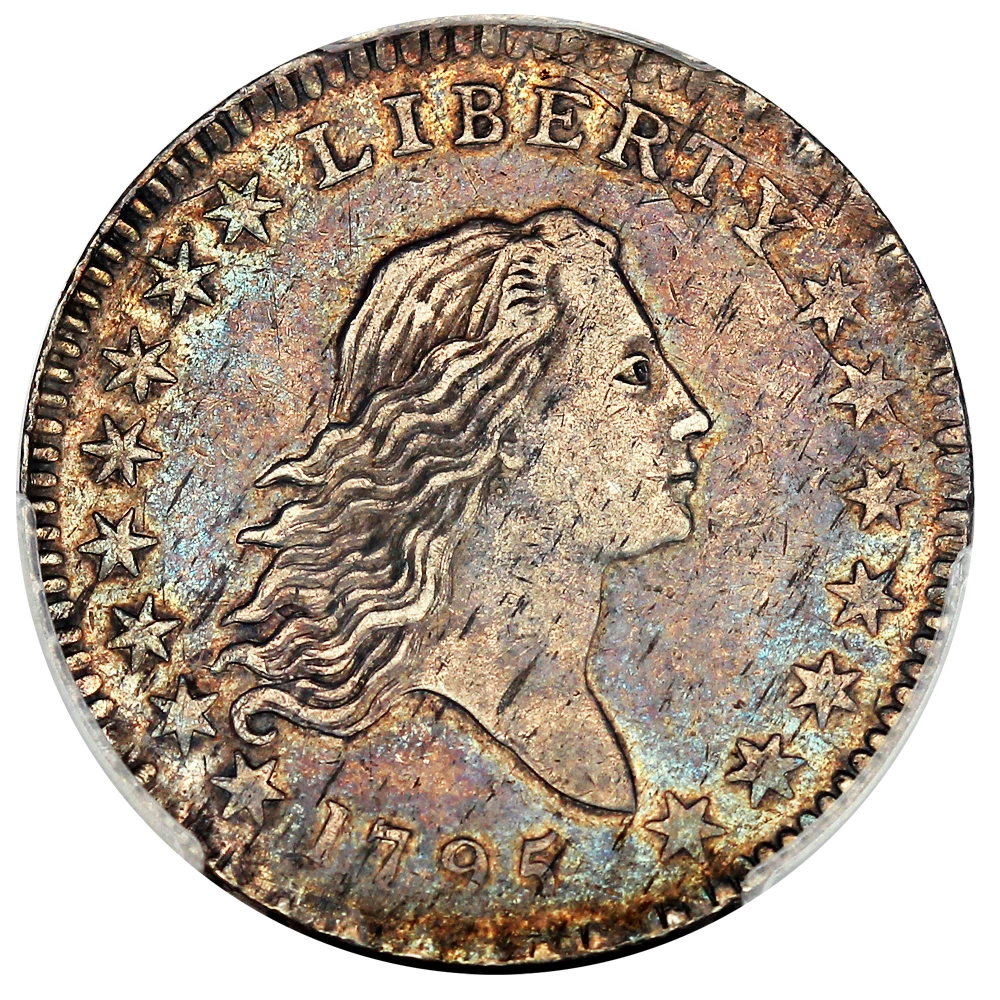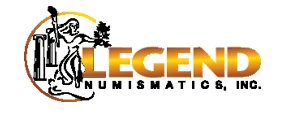Greysheet & CPG® PRICE GUIDE
- U.S. Coins /
- Half Dollars /
- Flowing Hair Half Dollars /
-
1795/1795 Flowing Hair Half Dollars
Sort by
Greysheet Catalog Details
Flowing Hair half dollars were struck in 1794 and 1795, and they represent the first type of half dollar ever struck. Both issues are exceedingly scarce, and enthusiasts recognize several varieties, particularly among the 1795 issues. Collectively, a few thousand examples survive representing either year.
Catalog Detail
Legal Disclaimer
The prices listed in our database are intended to be used as an indication only. Users are strongly encouraged to seek multiple sources of pricing before making a final determination of value. CDN Publishing is not responsible for typographical or database-related errors. Your use of this site indicates full acceptance of these terms.




















| Flowing Hair Half Dollars | Value Range | Favorite | |||
|---|---|---|---|---|---|
| Flowing Hair Half Dollars | Value Range | ||||
|
$998
-
$39,800
$998 - $39,800
|
||||
|
$998
-
$39,800
$998 - $39,800
|
||||
Greysheet Catalog Details
Flowing Hair half dollars were struck in 1794 and 1795, and they represent the first type of half dollar ever struck. Both issues are exceedingly scarce, and enthusiasts recognize several varieties, particularly among the 1795 issues. Collectively, a few thousand examples survive representing either year.
Catalog Detail
Legal Disclaimer
The prices listed in our database are intended to be used as an indication only. Users are strongly encouraged to seek multiple sources of pricing before making a final determination of value. CDN Publishing is not responsible for typographical or database-related errors. Your use of this site indicates full acceptance of these terms.










 Loading more ...
Loading more ...